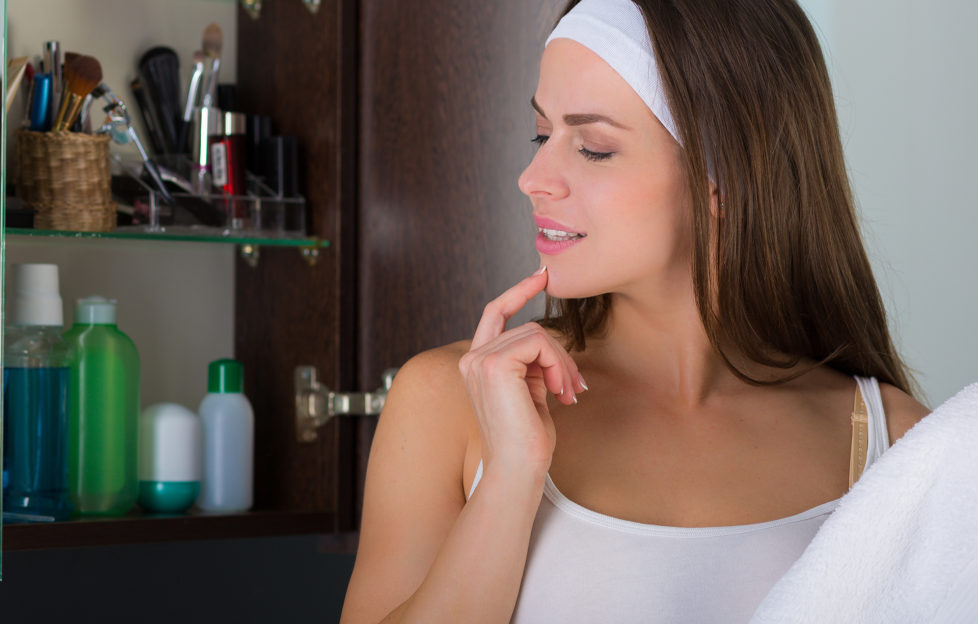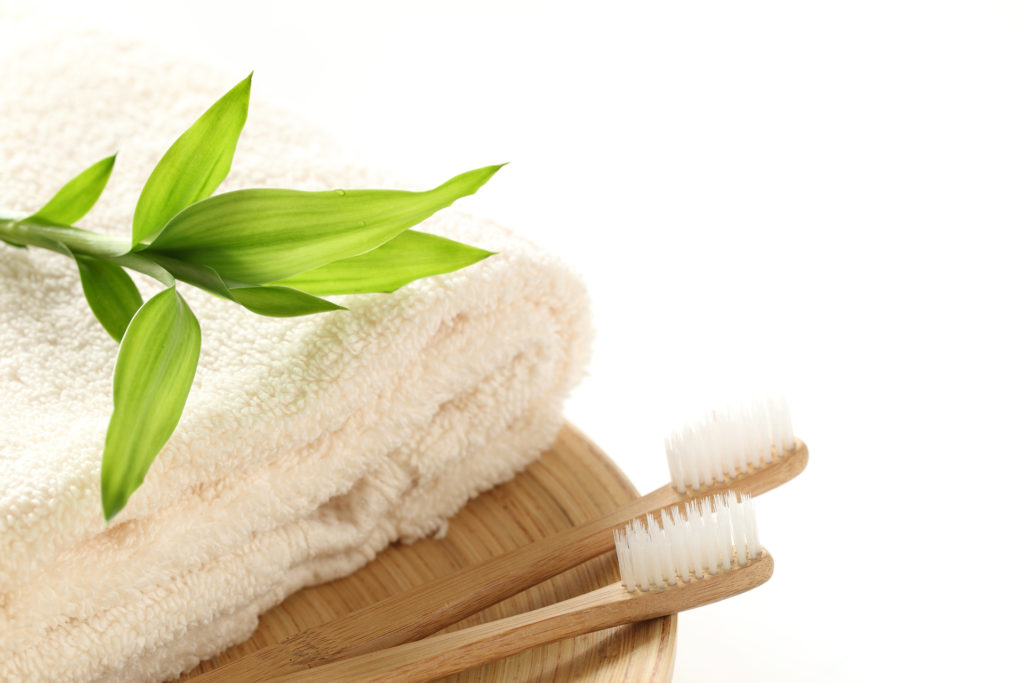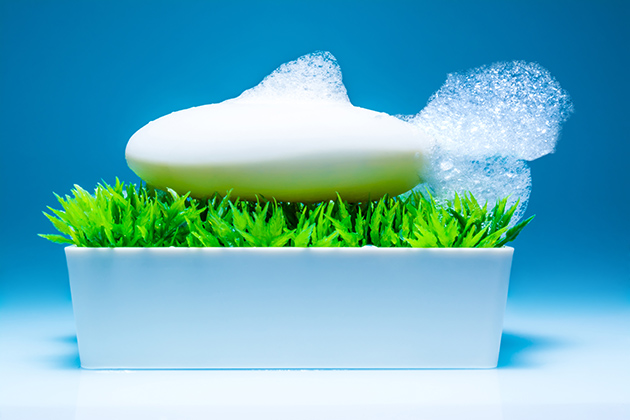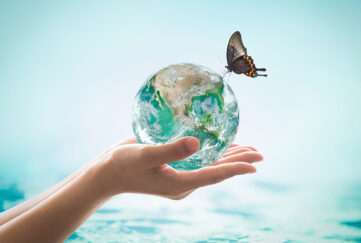10 Eco Friendly Beauty Tips

The team from online hair and beauty retailer Hairtrade.com reveal 10 ways to clean up your health and beauty regime to reduce waste and help the environment
According to recent research, each UK citizen produces around 76kg of plastic waste every single year, much of which comes from the food and beauty industries.
A spokesperson for Hairtrade.com commented,
We all know that straws and plastic carrier bags are some of the main culprits when it comes to plastic pollution, but have you ever stopped to consider how your health and beauty regime may be contributing to the millions of tonnes of waste created in the UK each year? From wet wipes and cotton pads to razors and exfoliators – there are measures each and every one of us can be taking to reduce the amount of waste we produce and ensure we’re making more eco-friendly and ethical beauty product choices.
1 Ditch the cotton pads
Instead of using cotton pads to take off your make-up at the end of each day, consider switching to a washable, reusable alternative. You won’t have to restock every few weeks and you won’t be contributing to the millions of cotton rounds that end up in landfill every day. You’ll also avoid the potentially harmful chemicals present in regular cotton balls, like dioxins produced in the bleaching process. This really is a win-win situation!
2 Bye bye wipes
Many people who use face wipes every day are blissfully unaware of the number of chemical components they contain to keep them moist, preserved and effective. These all help to dissolve and lift make-up, oil and dead skin, but the artificial ingredients can actually be very irritating to the skin and even worse, wipes are becoming an increasingly large problem for our coastline and water treatment works due to people flushing them down the toilet.
Most of the time, wet wipes contain non-biodegradable plastic, and as such are behind 93% of blockages in UK sewers. So, until manufacturers develop plastic-free and eco-friendly alternatives, leave these out of your beauty routine.
3 Shave old school
Instead of forking out for disposable plastic razors, find a reusable, stainless steel one or invest in a lady shaver or epilator. Over time, this will work out to be far more cost-effective and less wasteful, and they work just as well – if not better!
4 Brush up
Many dental professionals recommend you change your toothbrush every three months, which means that over a lifetime, you’ll be throwing out a lot of disposable plastic just in toothbrushes alone! So next time you have to replace yours, opt for one made from bamboo as unlike plastic, bamboo is biodegradable.
5 Get crafty
Instead of stocking up on store-bought toothpaste which contains a variety of dubious ingredients in thick plastic tubes, get creative and make your own. A mix of baking powder, coconut oil, peppermint oil and stevia should do it. By making your own toothpaste, you can skip the added ingredients and avoid tossing out a tube.
6 Stop single-use packaging
The bottles used for shampoo, conditioner, and shower gel are some of the biggest culprits when it comes to single-use plastics, but you can cut down your personal consumption by opting for soap bars instead. Shampoo bars are also becoming more and more popular and are readily available on most high streets. Some brands also offer to refill reusable containers with liquid soap, or to recycle old bottles and containers.
7 Go natural
There are some basic substitutions you can make to reduce the need for buying body cleansing products altogether – simply double up on common kitchen items. For example, coconut or almond oil is great for facial cleansing, removing make-up, and moisturising; baking soda is a good exfoliator and skin softener; and apple cider vinegar is great for pretty much everything from your hair to your skin.
8 Shower less
If we all opted for shorter, more efficient bathing methods for the sake of water conservation, our day-to-day lives would be much more eco-friendly. Use fewer products and try to break your daily hair-washing habit. Not only will you save loads of time spent washing and styling, but it’ll mean you reduce water use and the amount of product you use. In time, it will help your hair too.
9 Pass on palm oil
This natural ingredient sounds harmless enough, but the extraction and production of palm oil – or vegetable oil as it is also widely known – is contributing to mass deforestation in Eastern Asia which has resulted in a devastating loss of life for many wild animals. It’s present in lots of beauty products from shampoos to lipsticks, so it’s a difficult one to avoid, but whenever possible, opt for a palm-free alternative.
10 Beads – be gone!
Tiny, plastic microbeads can be found in many budget high street shower gels, scrubs and exfoliators, but they’re actually poisonous to fish and marine wildlife. This proves an issue as they get washed down the plughole to join rivers and oceans. Instead, opt for natural exfoliators that use things like sugar and coffee.






